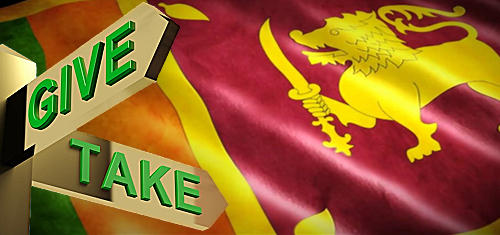 Sri Lanka has decided to scrap proposed casino entry fees while making up the budget shortfall by hiking casino taxes and doubling the cost of an annual gaming license.
Sri Lanka has decided to scrap proposed casino entry fees while making up the budget shortfall by hiking casino taxes and doubling the cost of an annual gaming license.
The Sri Lankan government unveiled its proposed 2016 budget this week, in which it promised to eliminate the $100 casino entry levy, which the country’s gaming halls were required to charge all visitors, both locals and foreigners. The levy, which had been proposed in the 2015 interim budget, had yet to be formally confirmed by parliament.
But before casino operators pop any champagne corks, the government is boosting casino operators’ annual levy from Rs 200m (US $1.4m) to Rs 400m. The government plans to amend the Finance Act to make casino directors and shareholders personally liable for non-payment or any act taken to avoid paying this increased levy.
The government has also proposed to simplify its income tax structure by applying one of only two tax rates – 15% or 30% – on businesses, with betting and gaming subject to the higher rate. That’s actually an improvement, considering that betting and gaming were previously subject to a 40% income tax, but the government also plans to impose a surtax of 25% of income tax liability on betting and gaming profits.
Sri Lanka’s current government, which took power in January of this year, hasn’t been overly kind to the country’s gaming industry. Its interim budget for 2015 imposed a one-time tax of Rs 1b on the operators of the country’s four small-scale casinos, which some owners have suggested makes their operations unviable.
New President Maithripala Sirisena also scrapped the previous administration’s approval of gaming licenses for three new large-scale resort casino projects that had been proposed by Lake Leisure Holdings Ltd, Queensbury Leisure Ltd and John Keells Holdings. Lake Leisure was a joint venture of local casino magnate Ravi Wijeratne and Australia’s Crown Resorts, whose boss James Packer was told by Sri Lanka’s new Prime Minister not to come back “in this lifetime.”
